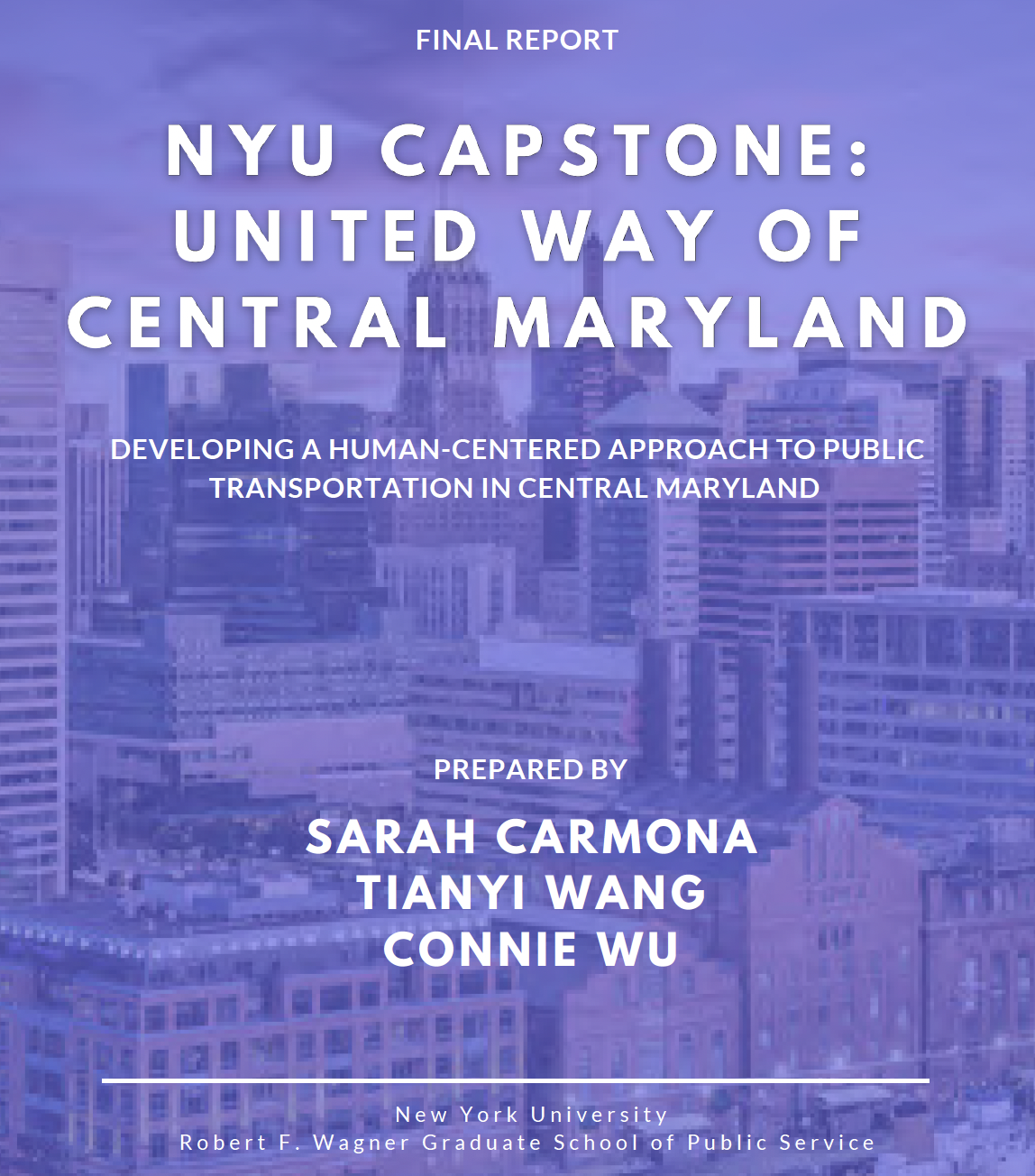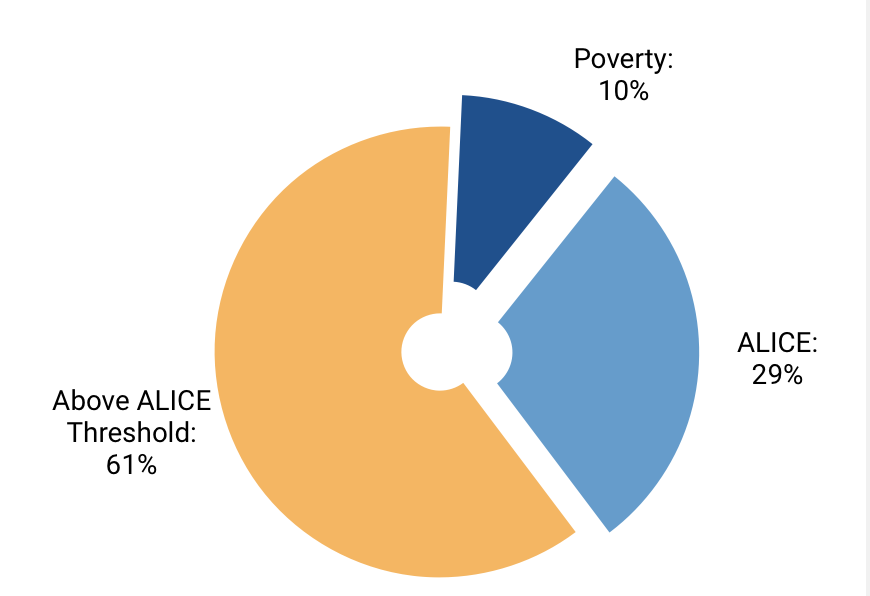Join us in Supporting More Equitable Public Policy
We’re committed to translating our knowledge of the communities we serve into effective legislation that directs public resources to those in need.

Public Policy and Advocacy Work
United Way is committed to pursuing a more just, fair, and equitable society where one’s background does not predict future outcomes. Our Public Policy team analyzes the effects of legislation and policies on individuals and communities and helps guide policy formation to expand equity, opportunity, and access for all. Supported by a board-level Public Policy Committee, we advocate for needed investments, government action, and community empowerment, and help amplify community voices for change.
The best way to bring successful programs to scale is by funding them generously and systematically, and that means changing hearts, minds, and laws at the city and state level to support our priorities-and our communities.
Through United Way’s many programs and services as well as our advocacy work, we support equity, access, and opportunity for all-with a focus on ALICE (Asset Limited, Income Constrained, Employed) households. People at or below the ALICE budget threshold struggle every day to afford the basics-like housing, food, healthcare, transportation, and childcare. In Maryland, 39% of households – nearly one million households – live below the ALICE threshold and their income can’t keep pace with the cost of living.
Policy change is a powerful way to break down longstanding barriers and strengthen lives, communities, and our economy. As we approach the 2024 election, it is crucial for voters to be aware of ALICE issues and consider the needs of ALICE households-which affect us all-at the ballot box.
Want an easy way to stay informed on the issues and directly contact your elected officials? Make your voice heard and take action today!
Our advocacy platform educates and mobilizes supporters and does the work of reaching out to policymakers for you!
UNITED, we can help improve the financial security and well-being of Maryland households that struggle to make ends meet.
Focus Areas: Legislative Sessions

Lead
We lead through advocacy, action, and advancement of resources

Monitor
We monitor and track legislation

Engage
We engage with stakeholders and community leaders to strategically work to improve systems and programs for Marylanders
Key Priorities: Legislation in Action
- Child Care Providers – Criminal History Records Checks and Abuse and Neglect Clearances – Requirements (2024)
House Bill 1254 which would establish a requirement for certain applicants to submit to a criminal history records check before the applicant is permitted to have a position involving direct contact with children in any child care setting. This issue was referred back to the Maryland State Department of Education.
- Institutions of Higher Education – Transcripts – Prohibition on Punitive Measures Related to Student Debt (2023)
Senate Bill 248/House Bill 384 was introduced in the 2023 Maryland General Assembly session which prohibits an institution of higher education from refusing to provide a current or former student with a transcript or taking other punitive measures regarding a student’s transcript request because the student owes a debt to the institution of higher education. Bill passed.
- Human Services – Benefits Cliff Pilot Program – Establishment (2022)
Senate Bill 787/ House Bill 1286 would establish the Benefits Cliff Pilot Program in the Department of Human Services (DHS) to alleviate the cliff effect that occurs when a household or individual receiving assistance from a program administered by DHS begins to earn above the income eligibility limit. Bill failed.
In 2021, United Way of Central Maryland led advocacy efforts to incorporate a gradual step-down of SNAP and TANF public benefits as a means to alleviate the financial burden of the benefit cliff effect. Budget language was introduced that directed DHS to conduct research on the benefits cliff and compile a report to be released by November 2021.









